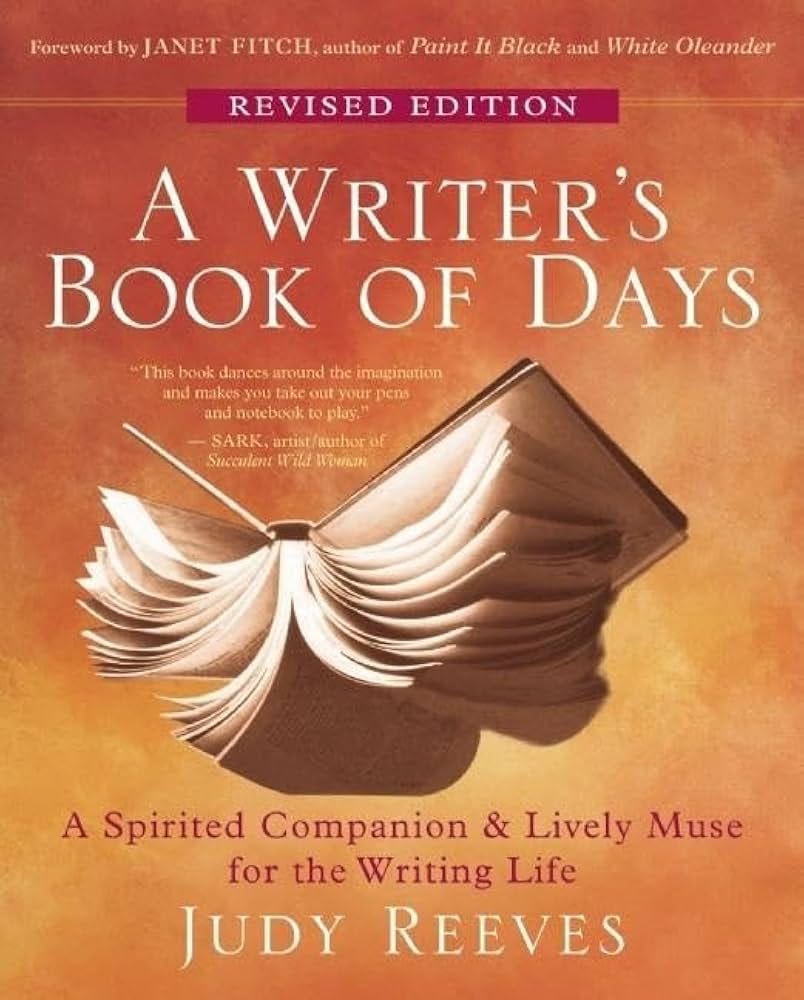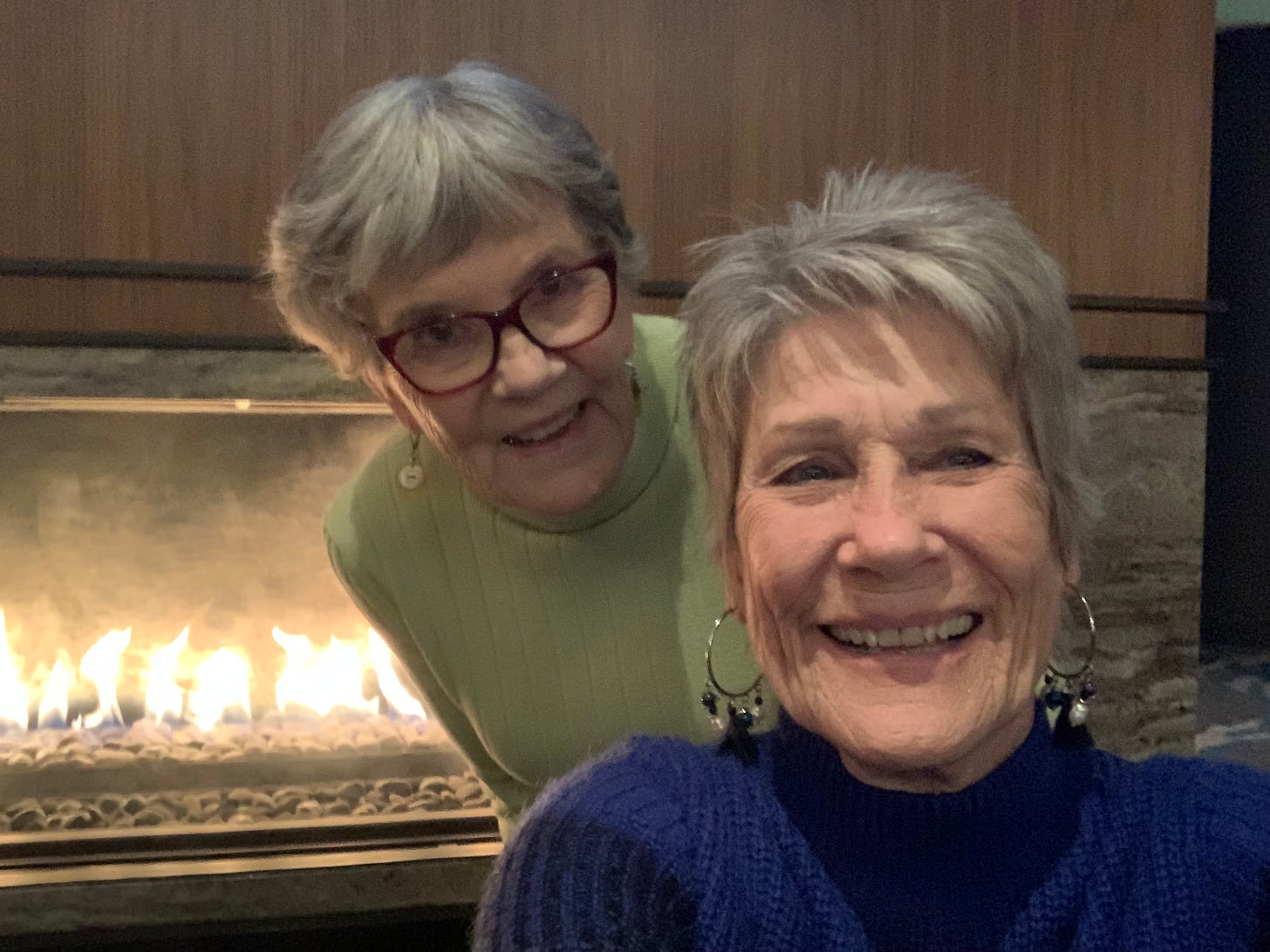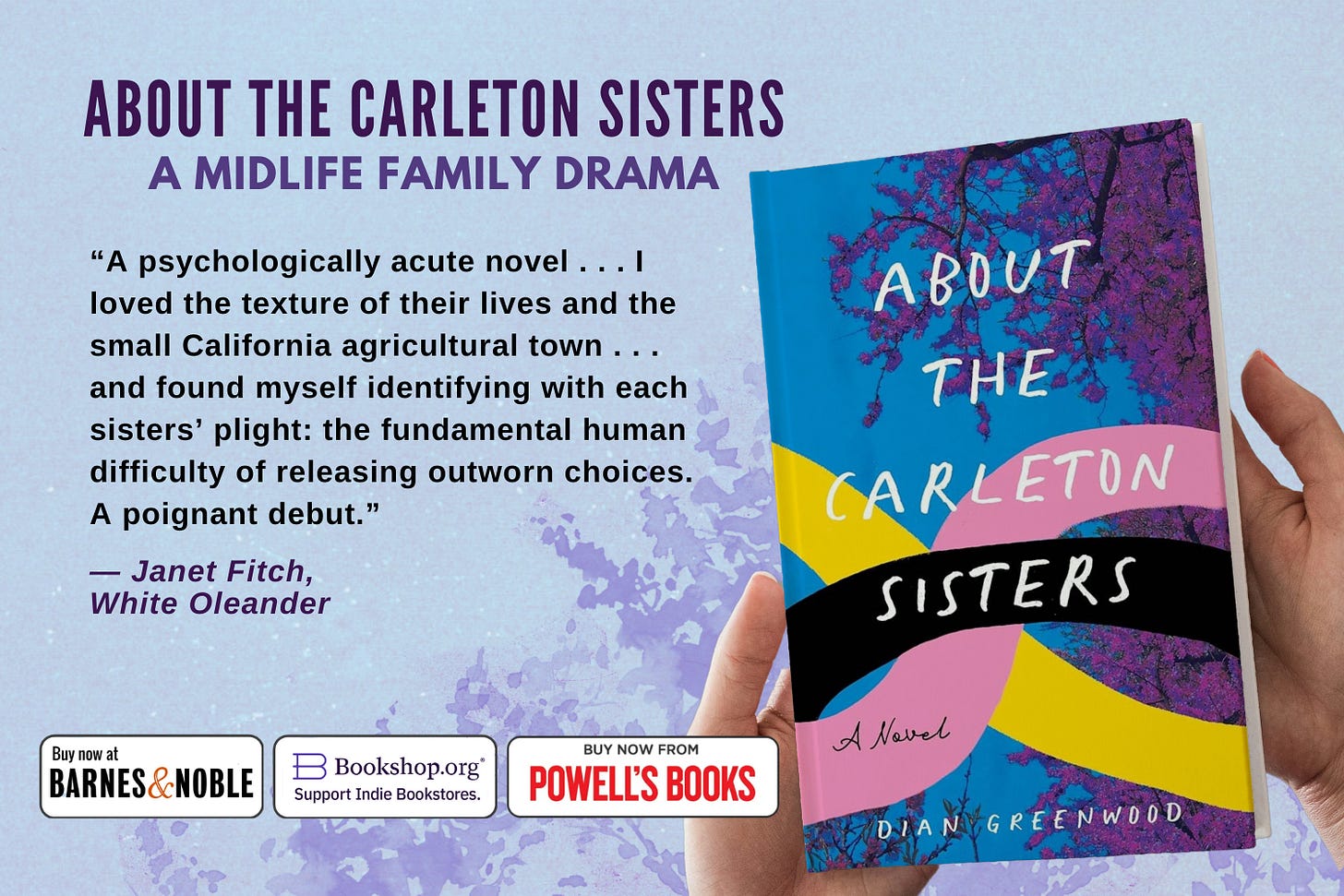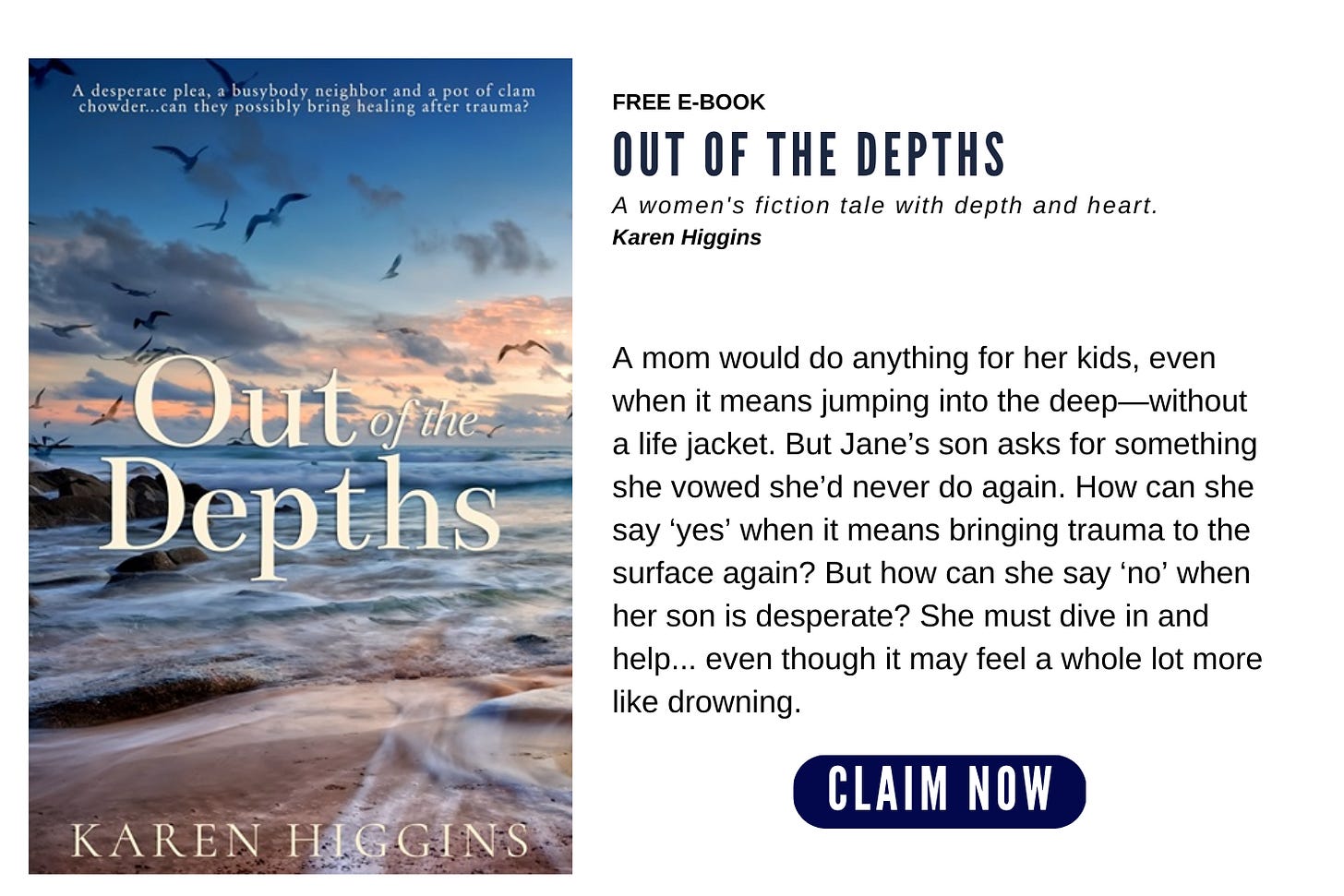Every writer or want-to-be-writer knows that getting started is the hardest part. Writers hear folks say, “You should write my story” at various social gatherings or on the plane or at book events, etc. Every story is valuable and longs to be told. But how many folks actually sit down and put their fingers on the keyboard or grab that yellow pad and a pen or pencil and begin to write?
Here are 6 of the most valuable writing tips I wish I’d known earlier.
1. Find the writers that inspire you
That first impulse has come to be something I deeply trust. But impulse alone wasn’t enough. When I began to write seriously in my early thirties, other people’s work often inspired me. This was long before the advent of writing prompts and writing groups that meet to write and share your work online or in person.
2. Seek community and (the right kind of) criticism
I confess that I was a “closeted” writer for years. I never showed my work to anyone. When I had done so early on, my tentative and unguided efforts were met with less than encouraging words. Looking back, I can now see that particular writer (all it takes is one) was frustrated by their own lack of success and recognition. So, a word of advice, choose folks who have ground rules that disallow harsh criticism. We all need encouragement. We all suffer a crisis of confidence, usually in the beginning and for a long time after. We all doubt ourselves. We need “user friendly” folks around us who offer constructive criticism, not the fallout of their own disguised insecurities. For those of you wanting to get started, these groups can be invaluable.
· Willamette Writers offers drop-in groups and ongoing critique groups
· For the younger writer, check out Write Around Portland
· For the literary writer, Literary Arts offers great classes, both in writing and literature
· San Diego Writer’s Ink: most of the classes are on Zoom and cover diverse topics from beginner to advanced
3. Craft books can be a godsend
Short of a group, I recommend Judy Reeves’ book, A Writer’s Book of Days, now twenty years old and revised into a second printing. Another possibility is Writer’s Digest, a magazine you can read at the library or over coffee in your favorite coffee shop. One can use the book or magazine and write in the privacy of one’s own cocoon, with a friend or two, or in a group. That’s how I started.
4. Invest in yourself with a creative writing class
Years ago, I took my first real creative writing class after work at San Francisco City College. The class got my hand moving with a writing exercise. I then plunked down with an old Royal typewriter and wrote that first vignette about my fear of falling off the mountain on Big Sur’s sliding shale while hiking with a far more courageous friend. The actual incident became alive on the page and took on a life of its own. The positive experience was followed by additional classes and feedback. Little did I know that the beginning of that story would prove to be the beginning of my writing life.
5. Find like-minded writing buddies
Short of a writing class (which can seem intimidating because now you’re serious about what you said) or a series of prompts, I recommend finding a friend who shares your writing interest. That’s how I met Judy Reeves over three decades ago. Both of us were longtime daily journal writers. We became involved in a group of journal writers called JADE. We then found like-minded women who loved to write. We met more or less regularly. We began to allow our imaginations to take risks. My journal entries became narrative poems.
To me, a good writing match is:
· Someone whose genre or thematic interest overlaps with yours, i.e. novelist with same; memoirists with same
· Someone who is at a similar skill level (can be measured by seriousness of intent or years of experience)
· Someone whose output and feedback schedule aligns with your own.
6. Understand your intent and inspiration
I think my point is that we never know where the “impulse” I referred to earlier will lead us. If we’re willing to follow it. Even thinking about that reality may be too scary.
This past year, I’ve had the opportunity to talk to two would-be writers in my large Portland apartment building. I quickly realized that one person simply wanted to talk about the story they hoped to write. The other, however, took my advice and signed up for a local writer’s conference. Today in the elevator, he told me that he’s meeting tomorrow with someone to build his website. He has found an editor and he’s writing four hours a day. We talk from time to time. I’m not the expert he thinks I am, but I’ve persevered and published a book of poetry and two novels. Plus, I’m intrigued by how he’s taken the ball and run with it.
In a recent radio broadcast with Ken Jones, the holder of the literary vanguard for KBOO radio here in Portland, Ken and I were talking about my 2024 novel, Forever Blackbirds. Somehow, we got on the subject of beginnings. I confessed to Ken that before I even write, I hear the voice of the lead character. It’s not like “I hear voices that tell me to hurt myself,” but I hear distinct character voices who begin to tell me their story.
This happened the first time years ago on a women’s writing retreat when I sat alone among the trees with pad and pen waiting for some miracle story to arrive. It did. As soon as Lorraine—a narrator in About the Carleton Sisters—began to speak, I saw her pink waitress uniform with her name scripted across the pocket. I saw the diner on Highway 99 at the foot of the infamous Grapevine highway into LA. Behind her, I could hear her boss, Diego, the cook, bellow orders. Being a visual person, the movie camera in my mind began to spin the tale of three middle aged sisters, estranged from each other, two living in California’s Central Valley and the other at the end of a long career as a showgirl in Las Vegas. Over time, the root of the story revealed itself when I imagined that their father mysteriously disappeared during the girls’ teenage years.
About the Carleton Sisters started by hearing Lorraine’s voice.
In my next novel, Forever Blackbirds, my imagination followed a story told by a distant cousin. I began to see my great grandfather, a German living in Russia, load the family carriage, everyone dressed in their Sunday best. They left the family home as though going to a church service. Instead, they were escaping the Bolsheviks who had burned their barns in an attempt to take back their rich farm in what is today Ukraine. There was that last look back at the house and a story eventually became a two-book historical saga, Forever Blackbirds in 2024 and in 2025, the conclusion encapsulated in Blackbird Whistling.
This past week, my iPhone threw up a photo of who I was forty-five years ago. The photo’s appearance was unexpected and startling. I was immediately drawn into the poet I once had been. Here was a former self—one with a published book of poetry, a home of her own, and work that provided an allowance Virginia Woolf said was necessary for women who wanted to devote themselves to writing. But, of course, the story unfolded somewhat differently.
All of this is to say that, yes, I’ve been gifted with these doors into my work. But I’ve also persevered and worked hard. None of these books were written in a year. What matters is we start where we start. No matter how scared or intimidated you feel with the blank page, write something. Anything.
In closing, I’d like to talk about the “elasticity” of writing. If one thinks about writing like a sculpture made from clay, words are your building blocks. They can be added, removed, rearranged—just as I have done in writing this brief essay. And don’t be afraid to ask for help. Don’t tell me I should write your story; ask me how you can get started. Where will you begin?












How I loved reading your story--beginning to now--a writer finding her voice and finding her place and doing the work that has resulted in (so far) two published novels...next one soon, a a book of poetry. But I also know the reams and files of writing that you have completed and continue still with each day a new beginning to the next "story," words on the page.
Thank you for featuring my book and honoring our long-time friendship that has included writing together and many, many adventures.
We're all looking forward to the release "Blackbirds Whistling" and all that will follow. You are a model for those who want to write and those who want to keep writing. Thank you.